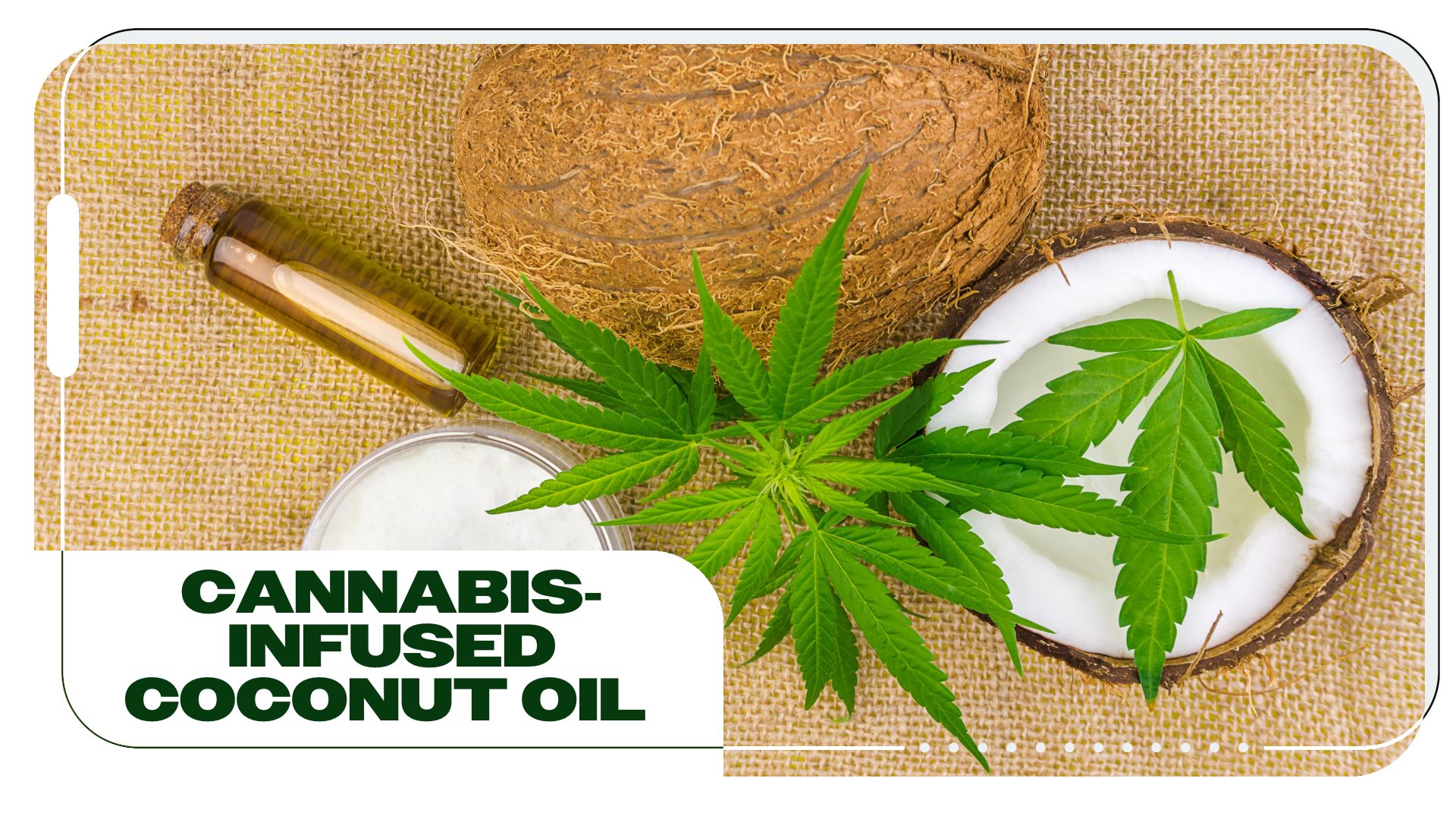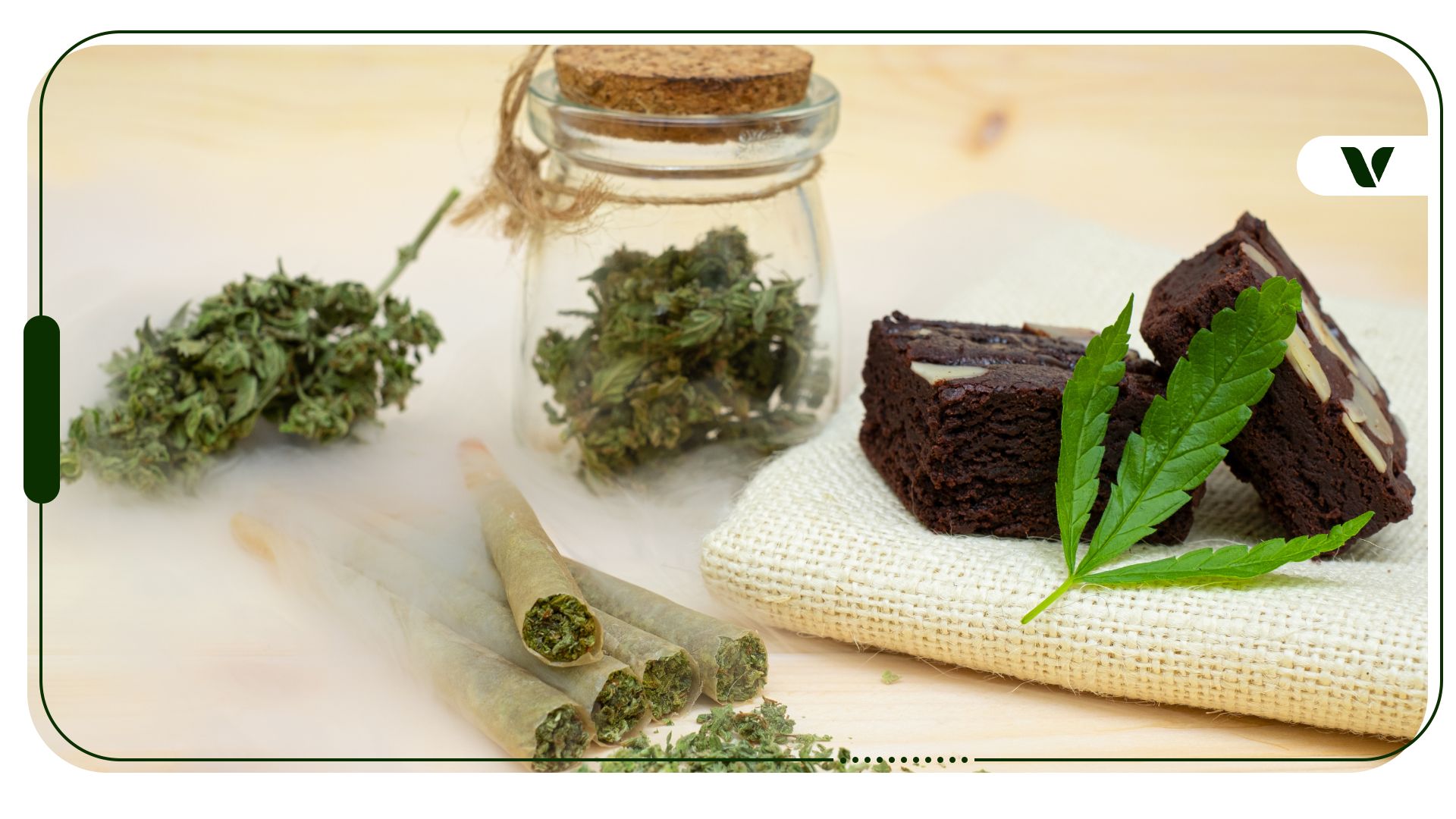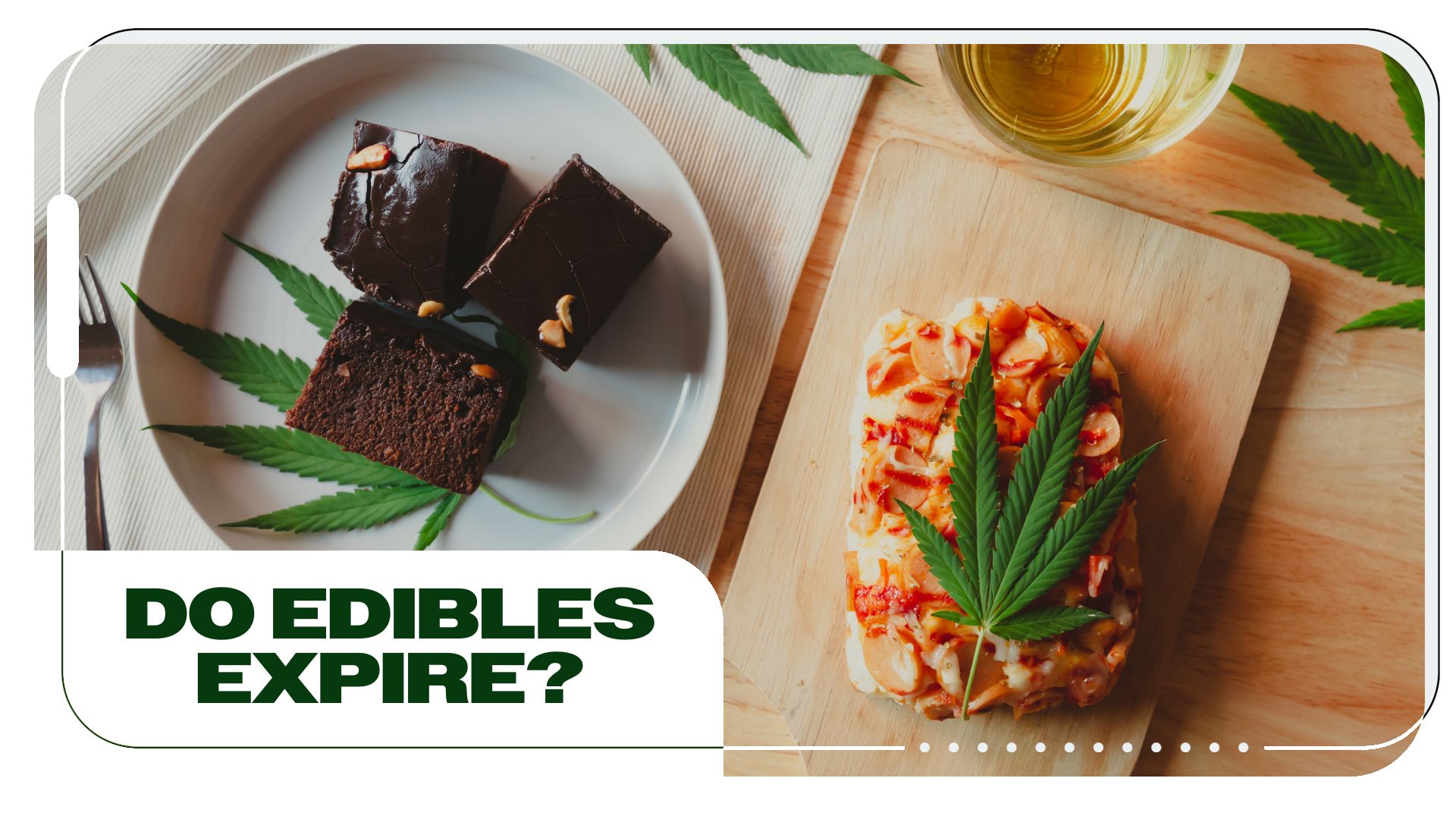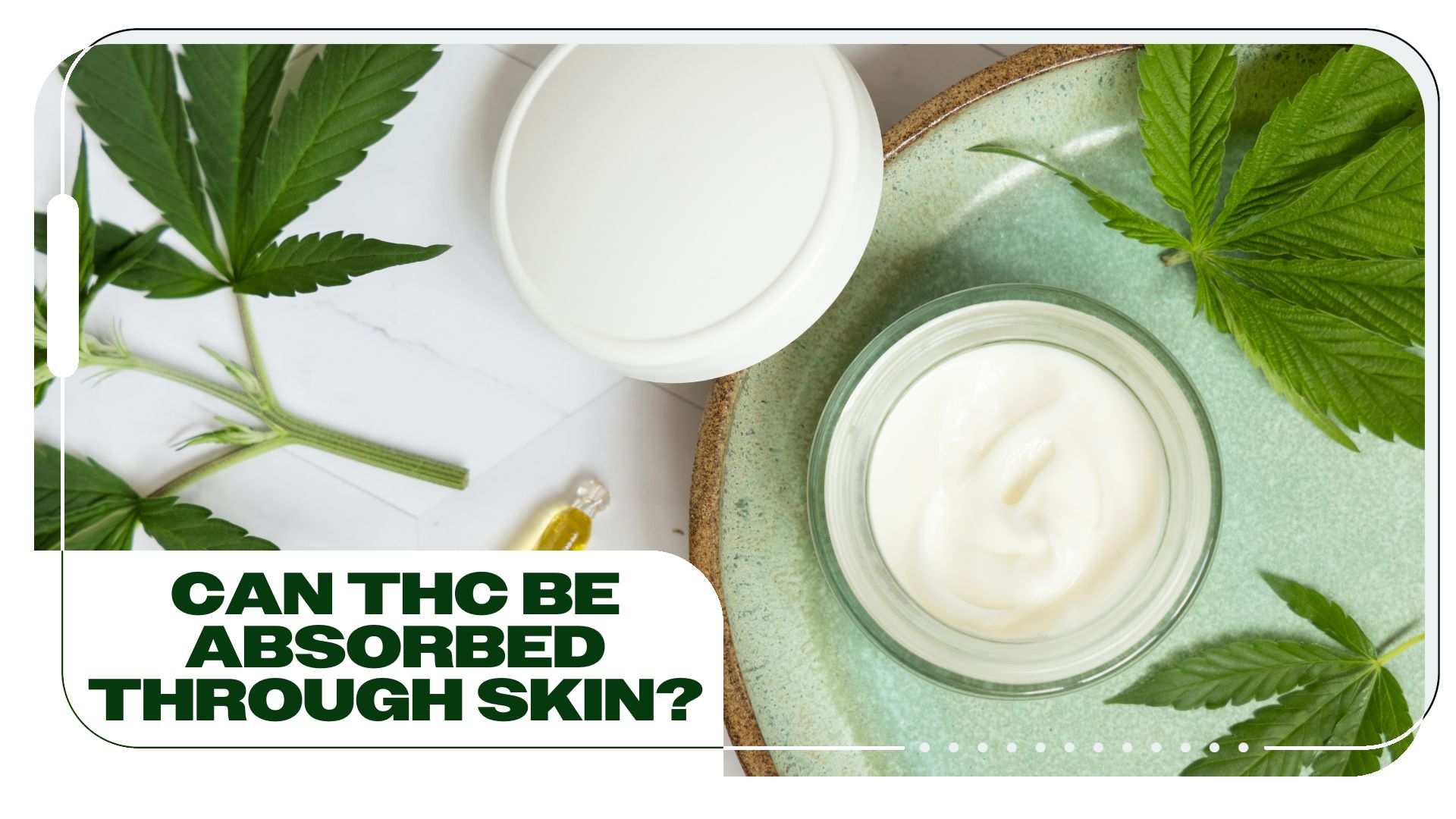Yes, we know. You must have read the title of this article and wondered “Wait, isn’t marijuana a plant? And aren’t all plants vegan?” Yes, cannabis is indeed a plant. However, before it got onto the shelves of a dispensary, that cannabis was fertilized with organic animal products like bone meal, blood meal, and other animal parts.
These animal materials help the plants grow since they are a great source of nutrients. Sadly, if you are vegan or just worried about the environmental problems of agriculture, conventional herb may not be your first choice.
What is veganic marijuana?
Veganic is the combination of the words “vegan” and “organic,” and it basically means that all veganic cannabis wasn’t grown using any animal products in its cultivation process. Well, how about the organic part? The plant is considered organic because it no synthetic, chemical fertilizers or pesticides were used in its cultivation.
This agricultural philosophy relies on using only plant-based resources to cultivate other plants. Their resources are not only responsible for giving cannabis nutrients but also environmental protection of the crops.
To properly receive the nutrients needed for healthy growth, they often use plant-based meals, composted teas and worm castings. If you grow your own cannabis, you may like to know that these products have low cost, cause less environmental impact and still give your plants all the nutrients they need to become healthy matured plants.
Is veganic cannabis as potent as the conventional stuff I smoke?
Yes, there’s no reason why plant-based products would result in a less potent cannabis. In fact, a Buds & Roses’ veganic high-CBD strain won first place in the High Times Cannabis Cup and Carnival in 2016. This strain has over 13% CBD while other plant-based strains have often over 10% CBD and over 20% THC, such as the strain Veganic Platinum Cookies that has over 22% of THC content.
One of the reasons why veganic marijuana responds so well to these methods is that they target to achieve the greatest yield with the least quantity of input. They imitate what plants find in their natural environments. There, cannabis is exposed to some amount of animal matter such as insects decay and sometimes animal decay, which add nutrients to the soil.
Why You Should Get Your Medical Marijuana Card
Veriheal has satisfied millions of patients nationwide by giving them access to these benefits
- Larger purchase limits
- Peace of mind
- Enhanced legal protection
- Access to higher potency strains
- Save up to 25% on cannabis purchases
- Skip the line at the dispensary
When using veganic methods, the soil is supercharged with great nutritious fungi and microbes, which makes the nutrients available at all times. Thus, the fungi and microbes in the soil stay there consistently, which allows cannabis to get the most nutrients they can.
When did veganic gardening start?
In the 1940’s, a group of horticulturists named Kenneth Dalziel O’Brien, Rosa Dalziel O’Brien, and Maye E. Bruce created the concept of veganic gardening in order to prove it was possible to cultivate healthy crops without using any animal products.
They originally developed veganic gardening for outdoor growing, but you can accomplish the same results growing indoors. To ensure that the soil is really healthy, you should use vegetable waste in the form of microbe teas and mulches.
How to successfully grow vegan cannabis
To have a successful cultivation you must use ONLY certified organic nutrients on the soil and have a balance of both substrate and soil microbes. Microbes break down the nutrients in the soil making it easier for the marijuana roots to absorb them.
Whenever using veganic products correctly, the absorption rate is of 100%. On the other hand, the uptake rates of synthetics are of 25% at the most. The use of synthetic fertilizers damages the microbes in the soil and also contributes to soil acidification.
Natural microbes help to decompose plant matter and also get rid of nutrients in a broken-down form. Nitrogen-rich plant matter is perfect for vegetating plants as potassium and phosphorus are the best options for flowering plants.
So, are you curious about using veganic cannabis?
Author, Share & Comments








